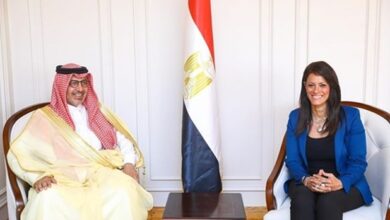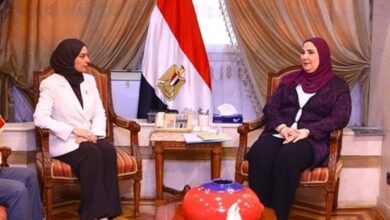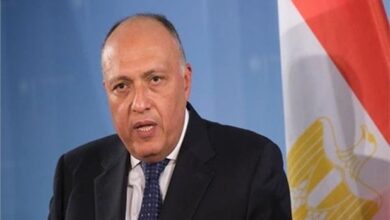MANAMA, Bahrain – An international commission investigating months of protests and crackdowns in Bahrain on Thursday delayed its final report on the unrest in the Gulf kingdom, saying it needs more time to review thousands of personal accounts and official documents.
The report by The Bahrain Independent Commission of Inquiry, which has been probing alleged abuses during the Shia-led protests against the country's Sunni rulers, was due 23 October. A statement by the five-member panel said the highly anticipated report has now been delayed until 23 November.
At least 35 people have been killed since February, when Bahrain's Shia majority started protests for greater rights in the tiny, but strategically important Gulf nation that is the home of the US Navy's 5th Fleet.
The United States said earlier this week it will await the commission's report before deciding on a US$53 million arms sales to the violence-wrecked Bahrain, the Gulf country hardest hit by anti-government protests inspired by other Arab uprisings.
The delay of the final report will "ensure that every testimony, complaint, and item of evidence is considered and examined," the Commission said in a statement posted on its website Thursday. It also said more time is needed "to prepare a final report that establishes the facts about what occurred in Bahrain during February and March 2011."
The Commission is headed by Mahmoud Cherif Bassiouni, an Egyptian-born professor of international criminal law and a former member of UN human rights panels. It was set up in July with the consent of Bahrain's Sunni monarchy.
Over the past months, the panel received more than 8,000 complaints, testimonies and documents. Its members have interviewed more than 5,000 witnesses and alleged victims of the unrest, including detainees, police personnel, doctors and journalists.
The panel also said it is still awaiting responses from various ministries and government agencies, and that its interviews aim to establish "whether these governmental institutions and their agents upheld the rule of law and respected international human rights law" during months of protests and crackdowns on dissent.
Bahrain imposed martial law in March and invited 1,500 troops from neighboring Gulf states to help quell dissent. Hundreds of protesters, activists, opposition leaders and Shia professionals such as lawyers and doctors have been detained and hundreds of suspected opposition supporters have been purged from their jobs.
Dozens have been convicted of anti-state crimes in a special security court over the past months and sentenced to prison terms. Three protesters have been sentenced to death and eight prominent opposition figures got life in prison after they were convicted of trying to overthrow the al-Khalifa dynasty that has ruled Bahrain for more than 200 years.
Several doctors and nurses who had treated injured protesters were also convicted of anti-state crimes in the special tribunal that includes military persecutors and judges. Twenty medics were last month sentenced to prison terms, ranging from five to 15 years.




